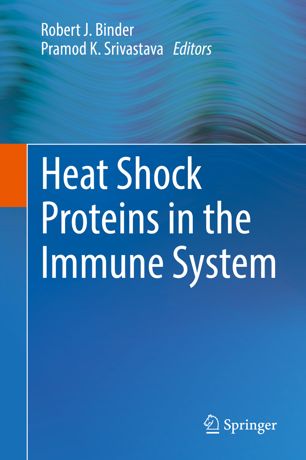

Most ebook files are in PDF format, so you can easily read them using various software such as Foxit Reader or directly on the Google Chrome browser.
Some ebook files are released by publishers in other formats such as .awz, .mobi, .epub, .fb2, etc. You may need to install specific software to read these formats on mobile/PC, such as Calibre.
Please read the tutorial at this link: https://ebookbell.com/faq
We offer FREE conversion to the popular formats you request; however, this may take some time. Therefore, right after payment, please email us, and we will try to provide the service as quickly as possible.
For some exceptional file formats or broken links (if any), please refrain from opening any disputes. Instead, email us first, and we will try to assist within a maximum of 6 hours.
EbookBell Team

0.0
0 reviewsExperts from around the world review the current field of the immunobiology of heat shock proteins, and provide a comprehensive account of how these molecules are spearheading efforts in the understanding of various pathways of the immune system. This one-stop resource contains numerous images to both help illustrate the research on heat shock proteins, and better clarify the field for the non-expert. Heat shock proteins (HSPs) were discovered in 1962 and were quickly recognized for their role in protecting cells from stress. Twenty years later, the immunogenicity of a select few HSPs was described, and for the past 30 years, these findings have been applied to numerous branches of immunology, including tumor immunology and immunosurveillance, immunotherapy, etiology of autoimmunity, immunotherapy of infectious diseases, and expression of innate receptors. While HSPs can be used to manipulate immune responses by exogenous administration, they appear to be involved in initiation of de novo immune responses to cancer and likely in the maintenance of immune homeostasis.